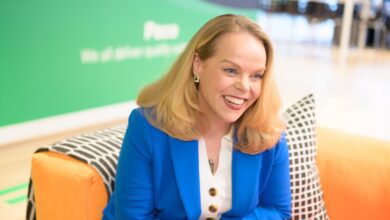
In a measure to presumably take the pressure off HMRC’s Time to Pay (TTP) teams, a new VAT and Income Tax deferral scheme was announced by Rishi Sunak called Time to Pay Plus.
We understood that HMRC were agreeing to nearly all TTP requests so this announcement really just formalises the situation and with some clients reporting waiting times on the phone of around two hours, it is clear that the system was nearly at breaking point.
VAT
The scheme, which is open to all UK businesses, is automatic so no application is required. This will allow the deferral of VAT payments from 20 March until 30 June 2020, effectively covering a whole quarter of payments.
VAT due on any periods ending on 29 February 2020 would have been due by 7 April, which is within the deferral period. Any May VAT liability will still be due on 7 July 2020.
Businesses have until the end of the 2020-2021 tax year so in theory 5 April 2021 to settle the deferred amounts accrued during this period. If there is a downturn in trade, this would affect the next quarter’s VAT due anyway, and any repayments are being processed as normal.
Businesses who pay VAT by direct debit will need to cancel this if they wish not to settle the liability. The most effective way of doing this is via online banking (this will need to be set up again in the future). If clients choose to defer this payment, they need to let their accountant know in order for records to be updated.
Clients may prefer to pay the VAT due rather than build up arrears (other Government schemes are available depending on their circumstances including loans under the Government backed Coronavirus Business Interruption Loan (CBIL) Scheme).
Income Tax
Second Payments On Account (POAs) were due on 31 July 2020 and these are now also deferred until 31 January 2021 where the balancing payment for the tax year 5 April 2020 and first POA for the following year are due.
Again, this is an automatic scheme open to all tax payers in Self-Assessment (SA). It will be important to get 5 April 2020 tax returns done quickly to establish the true liability so that cash flow planning can be done ahead of January 2021. It is no longer necessary to be self-employed to be eligible for the deferral.
The .gov website says that no penalties or interest will be charged in the deferral period.
Sarah Gardener, Head of Outsourcing, Shaw Gibbs









